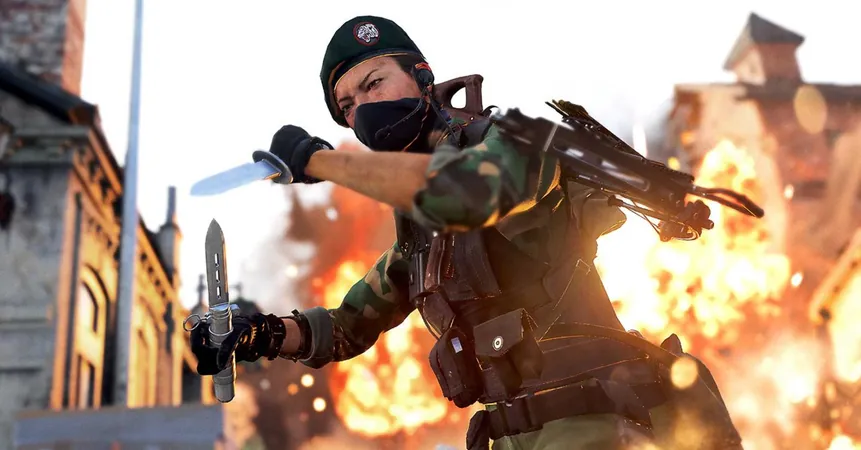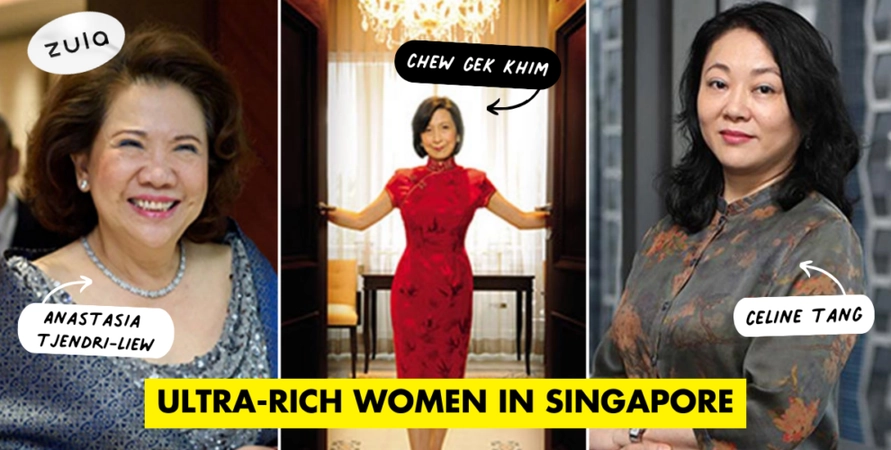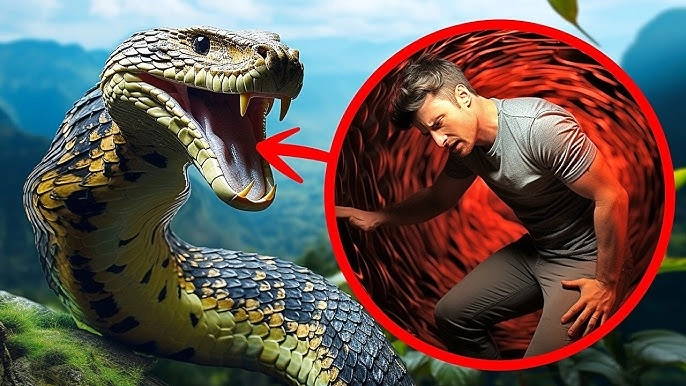
Activision Battles Legal Claims in Uvalde School Shooting Aftermath: A Clash of Artistic Expression and Responsibility
2025-01-07
Author: Arjun
Activision Battles Legal Claims in Uvalde School Shooting Aftermath
In a pressing legal battle, the families of victims from the tragic 2022 school shooting in Uvalde, Texas, have taken Activision Blizzard to court, alleging that the gaming giant plays a role in fostering violence among youth. The lawsuit, filed in May 2024, claims the firm is partly responsible for 'chewing up alienated teenage boys and spitting out mass shooters,' linking the actions of 18-year-old shooter Salvador Ramos to his supposed obsession with the popular game franchise Call of Duty.
In response, Activision Blizzard invoked California's anti-SLAPP (Strategic Lawsuit Against Public Participation) statutes, which are designed to protect companies from lawsuits that aim to curb free speech and artistic expression. The company's legal team argues that this lawsuit appears to be a repetition of historical claims made after other high-profile tragedies, such as the Columbine High School shooting. Their defense highlights prior court rulings that have established video games as forms of creative expression that cannot hold creators legally liable for violent acts.
The legal commentary surrounding this case reflects a longstanding debate about the influence of video games on behavior, particularly regarding youth and violence. Activision's defense underscores that while video games like Call of Duty incorporate realistic depictions of firearms, they do so within an artistic framework intended to address complex themes, including geopolitics and moral dilemmas inherent to warfare. The company contends that immersive gaming experiences utilize advanced technology to enhance storytelling, participating actively in cultural dialogues rather than simply serving as entertainment products.
Moreover, the lawyers for Activision state, 'The cause of Plaintiffs’ injuries—both legally and morally—is the perpetrator’s violent attack.' They argue that if anyone wishes to restrict artistic expression related to violent video games, such appeals should be made to the legislature rather than through the courts.
As this multifaceted case unfolds, it raises essential questions about the responsibilities of creators in the face of societal violence and the role of artistic works in reflecting or shaping narratives around such events. Attorney Katherine Mesner-Hage, representing the plaintiffs, has likened Activision and other entities, including Meta (the parent company of Instagram) and gun manufacturer Daniel Defense, to a 'three-headed monster' that contributed to a culture fostering violence.
With court proceedings scheduled to continue on April 15, the outcome will likely resonate beyond this case, potentially influencing future discussions on free speech, entertainment media, and societal responsibility in the turbulent landscape of youth violence. As stakeholders in the gaming industry and beyond watch closely, the implications of this legal battle could shape how society navigates the intersection of creativity, responsibility, and the impact of digital media on real-world behavior.
Conclusion
Stay tuned as we await the upcoming hearing, which may set a significant precedent in the ongoing conversation about video games and societal influence!


 Brasil (PT)
Brasil (PT)
 Canada (EN)
Canada (EN)
 Chile (ES)
Chile (ES)
 Česko (CS)
Česko (CS)
 대한민국 (KO)
대한민국 (KO)
 España (ES)
España (ES)
 France (FR)
France (FR)
 Hong Kong (EN)
Hong Kong (EN)
 Italia (IT)
Italia (IT)
 日本 (JA)
日本 (JA)
 Magyarország (HU)
Magyarország (HU)
 Norge (NO)
Norge (NO)
 Polska (PL)
Polska (PL)
 Schweiz (DE)
Schweiz (DE)
 Singapore (EN)
Singapore (EN)
 Sverige (SV)
Sverige (SV)
 Suomi (FI)
Suomi (FI)
 Türkiye (TR)
Türkiye (TR)
 الإمارات العربية المتحدة (AR)
الإمارات العربية المتحدة (AR)